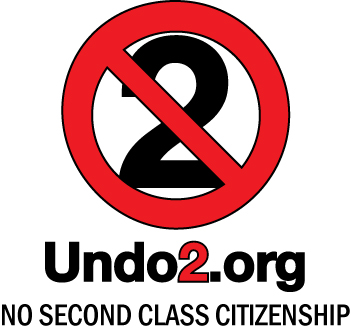By Mary E. Hunt
As a theologian, I sometimes wonder if anyone cares about what we write. But Newsweek's cover story (December 15, 2008), "Our Mutual Joy," set off a firestorm of responses so voluminous that it temporarily shut down the magazine's comments function on their Web site. Time's "Person of the Year" issue would be lucky to get as much attention as the enormous response to a religion editor's pro-gay marriage piece. Apparently, religion still matters.
What does it mean, though, that this story has generated such controversy? The most obvious point is that people still care what religions say about matters of sexuality, for reasons that sometimes remain obscure. I doubt that the same reaction, and surely not the same huge numbers and rabid intensity, would have accompanied a progressive religious treatment of the war in Iraq or the death penalty. So why same-sex marriage? Why the private sphere and not the public forum?
One reason is that as Christianity has lost its hegemony in an increasingly religiously pluralistic society, Christian conservatives have staked their shrinking claims on changing personal ethics. First abortion, now same-sex marriage, and soon, end-of-life issues, are seen as litmus tests of orthodoxy. These issues define who's in or out and, more importantly, who's making decisions for a society.
The Rev. Richard Cizik, vice president of governmental affairs for the National Association of Evangelicals, has learned this the hard way lately. He has been urging his (kicking and screaming) colleagues to acknowledge global warming and join him in "creation care." They tolerated him even as they denied the scientific consensus because they mistakenly took ecology to be a larger-than-life issue that did not touch the daily lives of people.
But when he voiced tepid support, not for marriage, but simply for civil unions for same-sex couples, he was forced out of his position. Marriage is closer to home. That straw broke the camel's back because the issue is easier for people to grasp—and is thus where religious authorities could seem to be wielding real social power. Which is an illusion, after all, since global warming touches a lot more people than same sex marriage.
Read the rest here:

